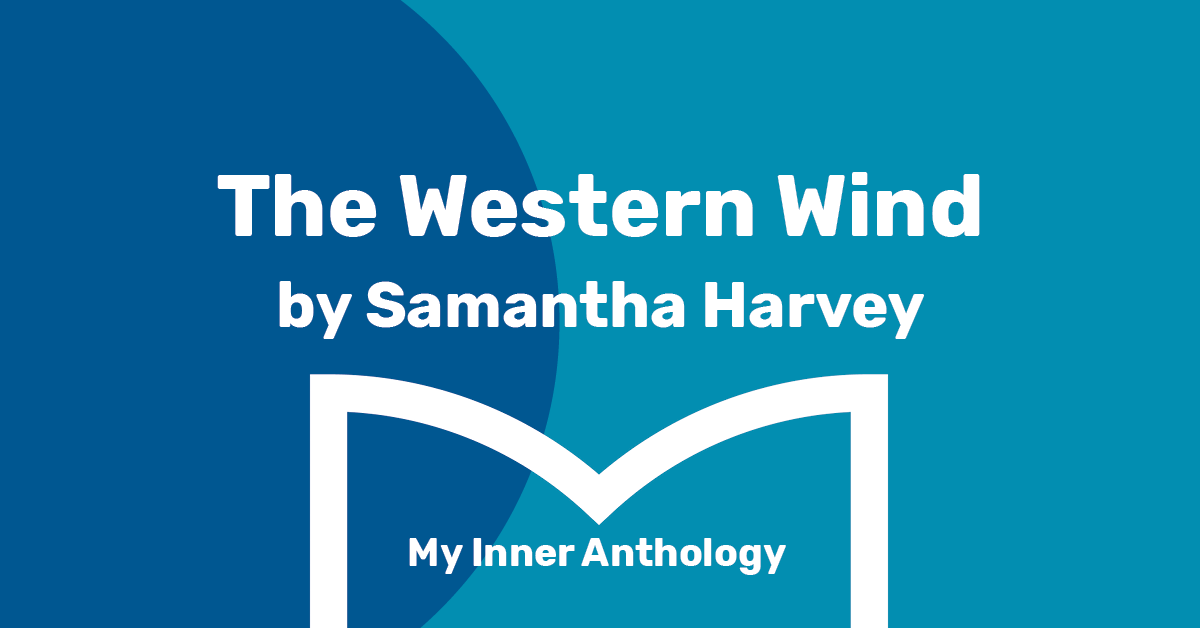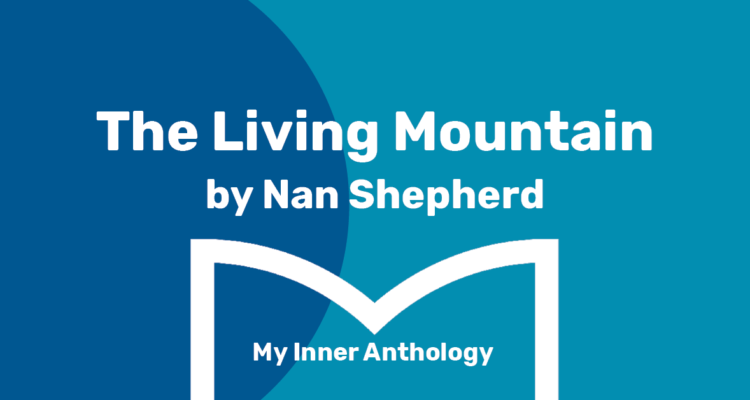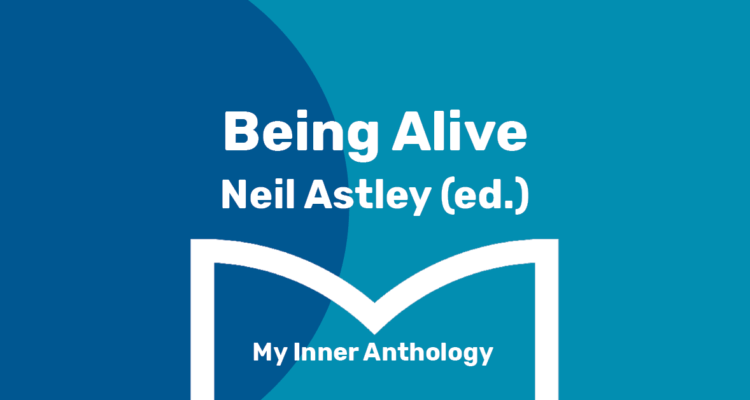My Inner Anthology: The Western Wind by Samantha Harvey
In this feature we're thinking about which bits of literature – whether that be in the form of poems, novels, essays, or plays – we would like to carry around inside ourselves for future reference. This week The Reader's Head of Learning and Quality, Dr. Clare Ellis, recommends The Western Wind by Samantha Harvey. Have you read this book? Join in the conversation online using #SharedReading @thereaderorg on Instagram, Twitter and Facebook.

As I waited in silence I felt the universe fall about me in timeless cycles, I heard planets roll and hawthorn come to bud; the church’s stone smelt of a vast deep lake, and the oak panel smelt of autumn woodland, and the pain in my bruised knees was a surge of sweet, hard life. (The Western Wind by Samantha Harvey, 2018)
There are certain qualities from novels which I need if I am add them to my inner anthology. Firstly, I need books that are kind, honest and true. I want understanding from my books not judgement. Secondly, it needs to be re-readable. If I feel that I would want to re-read the book then I know that I have found something good because great literature keeps on giving – it has a richness both in its subject matter and in its language which will always yield more thoughts, feelings and ideas with each re-reading. Another criteria: have I kept thinking about it beyond my reading of the novel? If yes, then again it goes in. If I keep thinking about it, I know that it has entered into my DNA, that it has become part of me in some way and that I will be able to come back to it when I need it. One such book for me is The Western Wind by Samantha Harvey.
John Reve tells the story, and at first sight the story may seem as far removed from our own world as can be. It is set in the medieval period of 1491, in a tiny village called Oakham – engulfed by a huge river, cut off with a bridge, and viewed by many as Purgatory’s waiting room. To complicate matters even further for the patient and kind John Reve, he now confronts a village which finds itself caught up in a suspicious suicide of the wealthiest man of the district, Tom Newman. The Dean is sent into the village to investigate whether foul play was at work or not and John Reve’s own moral boundaries are put to the test as he is told ‘A priest is also a judge and a sheriff, whether or not he wants to be.’ But truth is difficult, messy and complicated and so John has quite a job on his hands.
And yet in spite of its impending moral and physical collapse, John Reves is determined to hold Oakham together, and to remain on the path of truth rather than prejudice. He does what he can, mainly by listening to people and offering them kindness and understanding. He tries to support its inhabitants by listening to their secret difficulties – difficulties through which the novel begins to feel incredibly modern as we delve into the complex psychologies of the human mind. Indeed, Reves adopts the position that many modern therapists may be called on for today and in that sense it is interesting to recognise how universal our trials and tribulations may be as a human species across the ages and the different kinds of language and belief systems which have provided them with a framework for understand over the centuries.
Share
Related Articles

My Inner Anthology: As You Like It by William Shakespeare
Reader Leader, Lizzie, recommends As You Like It by William Shakespeare. In May the theme for our Daily Readings is inspired by The…

My Inner Anthology: The Living Mountain by Nan Shepherd
Teaching and Learning Coordinator, Lisa Spurgin, recommends The Living Mountain by Nan Shepherd. In May the theme for our Daily Readings is…

My Inner Anthology: Being Alive – Neil Astley (ed.)
Reader Leader Lizzie, recommends and reads from 'Being Alive' - Neil Astley (ed.). In May the theme for our Daily…


